Free Resources for Busy Parents and Educators Who Don’t Have as Much Time to Read and Surf as I Do with Fresh Content Every Weekday and post around 8:00 am Eastern US time.
The Twitter names next to each link belong to the authors, publications, and the people who bring them to my attention. Be sure to try the bottom right translate button for your favorite language or one you are trying to learn. If you don’t see it, check your adblocking software

Smarter Classrooms for Today and Tomorrow – Creating smarter classrooms will equip students with the knowledge, skills, and capabilities required for the future. @Verizon @eschoolnews

How to Use ChatGPT’s Memory Feature – The latest update to OpenAI’s chatbot improves the AI’s ability to remember user details. It’s rolling out first to ChatGPT Plus subscribers. @reece___rogers @WIRED

The Best Indoor Security Cameras – Cameras can offer peace of mind, but choose carefully when you’re inviting one into your home. @IamSimonHill @medeajulianna @WIRED

Social Media/Artificial Intelligence
Things Get Trippy When A Drone Camera Flies Through The Phish Concert Inside Of The Las Vegas Sphere. This footage, captured by cinematographer Jay Christensen, shows off the psychedelic Phish concert that you either missed or don’t remember because you were on heavy, copious drugs. @jaredrusso
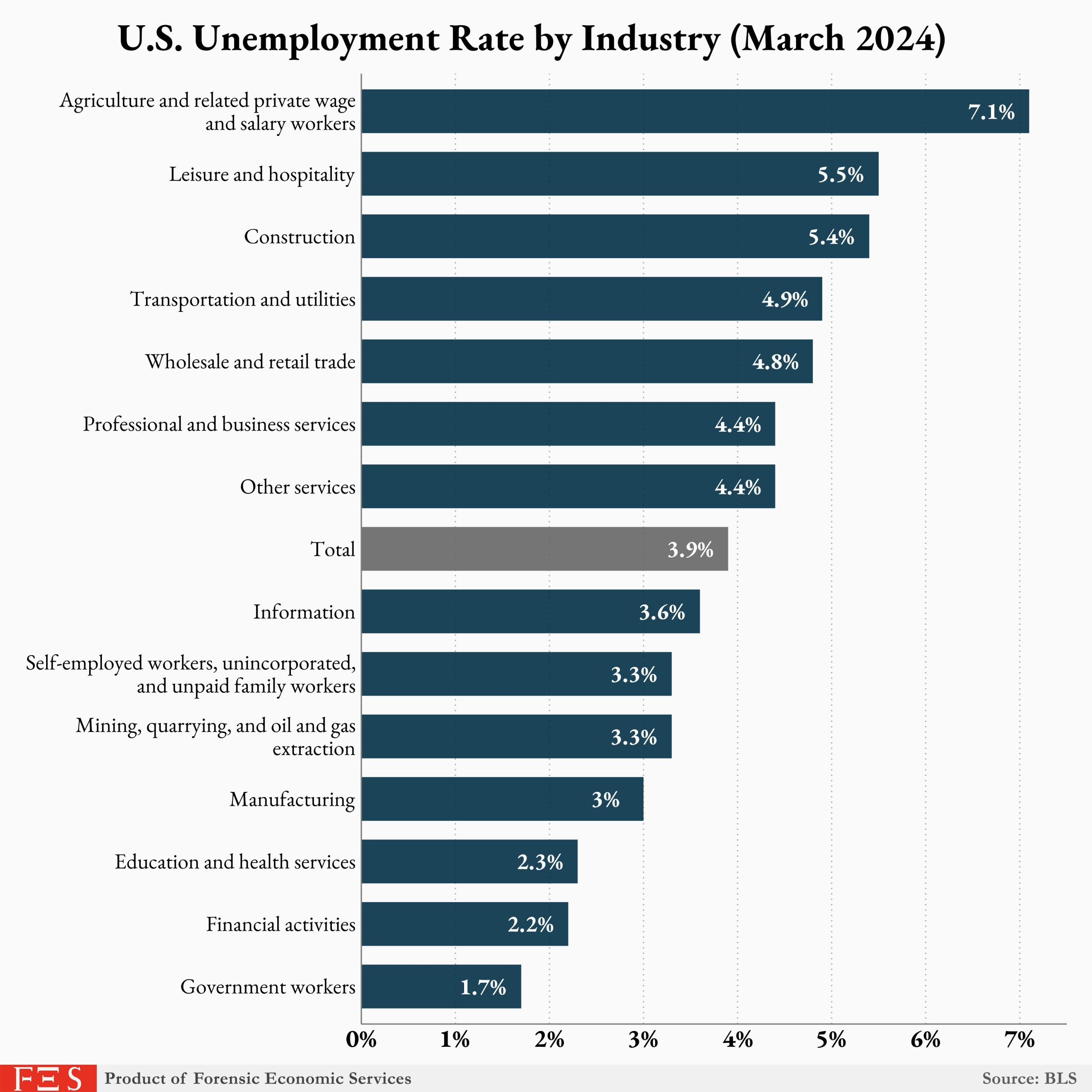
Learning
US Unemployment Rates By Industry In One Brutal Chart – Total unemployment in the US is a useful statistic, but it’s far from the only data point needed to understand how workers are holding up economically. @BsaGrant @digg

Leadership/Parenting
Should Teachers Disclose When They Use AI? More states and school districts are rolling out guidelines and policies for how educators and students can use generative artificial intelligence in their work. @laurainegenota @educationweek
Inspirational/Funny Tweets
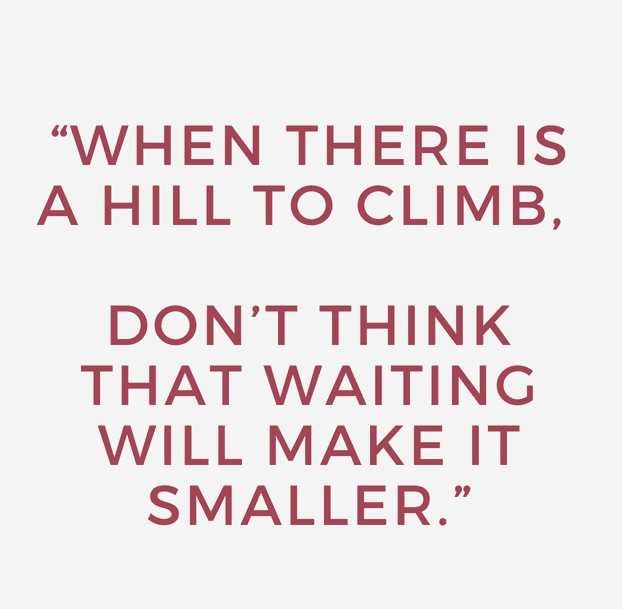
@LeadToday
Humor, Music, Cool Stuff
The Ten Most Anticipated 2024 Summer Movies, Ranked – The full-length trailers are all here. Time to pick the ones you want to see. @jaredrusso

Recent Book Summaries & My Podcasts
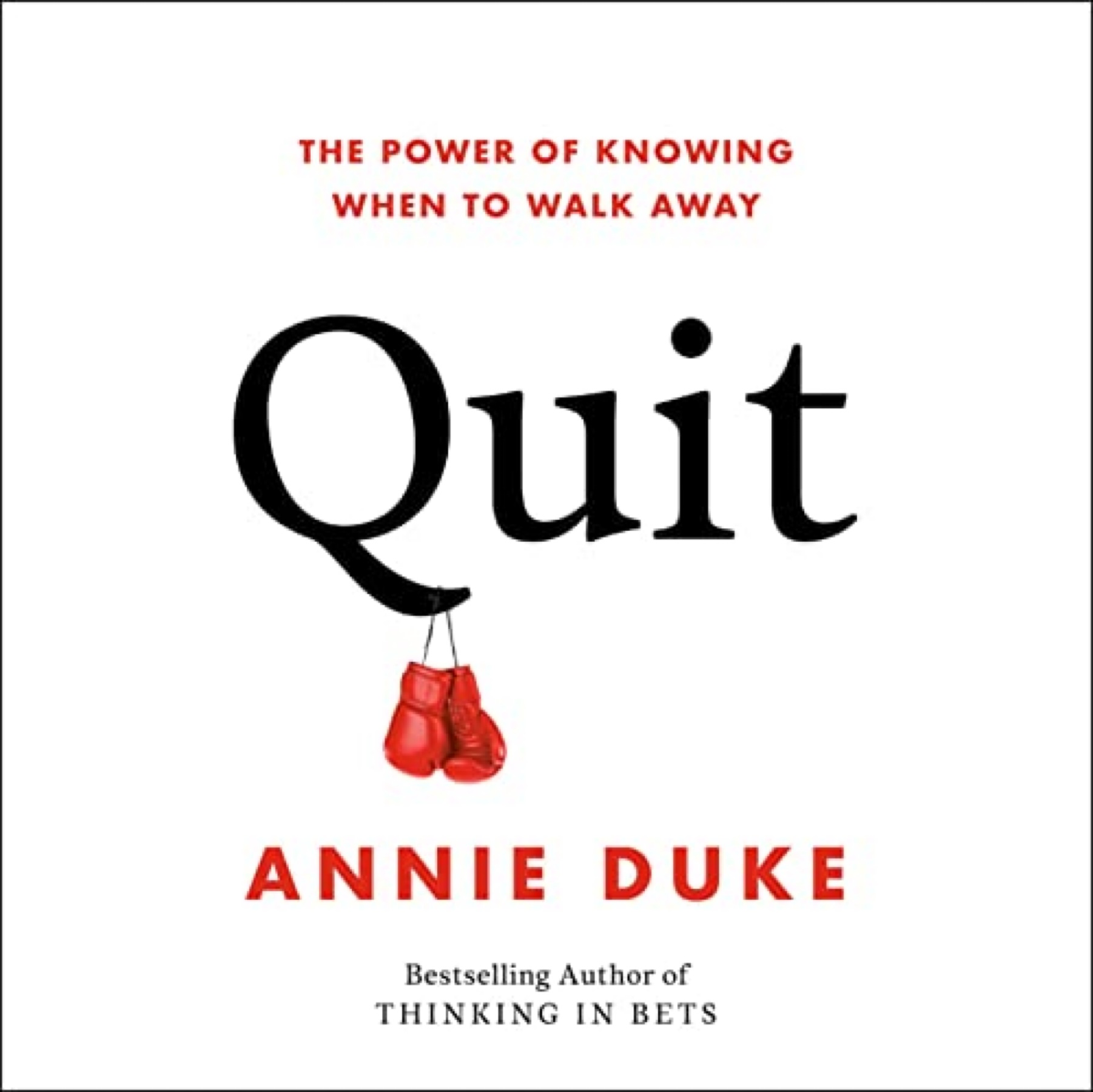
Quit: The Power of Knowing When to Walk Away by Annie Duke
Building Thinking Classrooms in Mathematics Grades K-12: 14 Teaching Practices for Enhancing Learning by Peter Liljedahl
Influence: The Psychology of Persuasion by Robert Cialdini@RobertCialdini
Valedictorians at the Gate: Standing Out, Getting In, and Staying Sane While Applying to College by Becky Munsterer Sabky
Plays Well With Others: The Surprising Science Behind Why Everything You Know About Relationships Is (Mostly) Wrongby Eric Barker
How to Raise Kids Who Aren’t Assholes: Science-Based Strategies for Better Parenting from Tots to Teens by Melinda Wenner Moyer
My Post-Pandemic Teaching and Learning Observations by Dr. Doug Green Times 10 Publications
The Power of Regret: How Looking Backward Moves Us Forward by Daniel Pink
Limitless Mind: Learn, Lead, and Live Without Barriers by Jo Boaler
The Future of Smart: How Our Education System Needs to Change to Help All Young People Thrive by Ulcca Joshi Hansen

Listen to Dr. Doug on the “Cup of Joe” podcast. I recorded it last week. On it, I talk about the many good things I have seen in schools doing hybrid teaching. @PodcastCupOfJoe @DrDougGreen @BrainAwakes
This is my podcast on the Jabbedu Network. Please consider listening and buying my book Teaching Isn’t Rocket Science, It’s Way More Complex. Here’s a free executive summary. @jabbedu @DrDougGreen
Boys and Sex: Young Men on Hookups, Love, Porn, Consent, and Navigating the New Masculinity by Peggy Orenstein






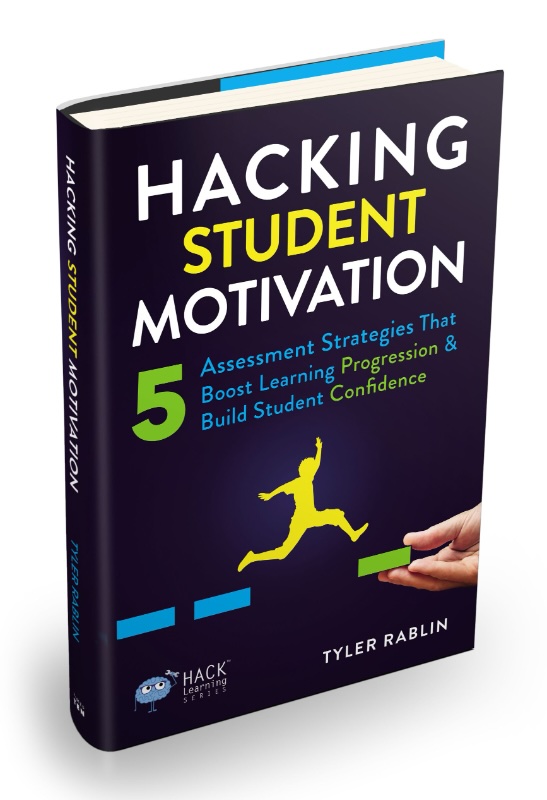



 @EzuieQuotes
@EzuieQuotes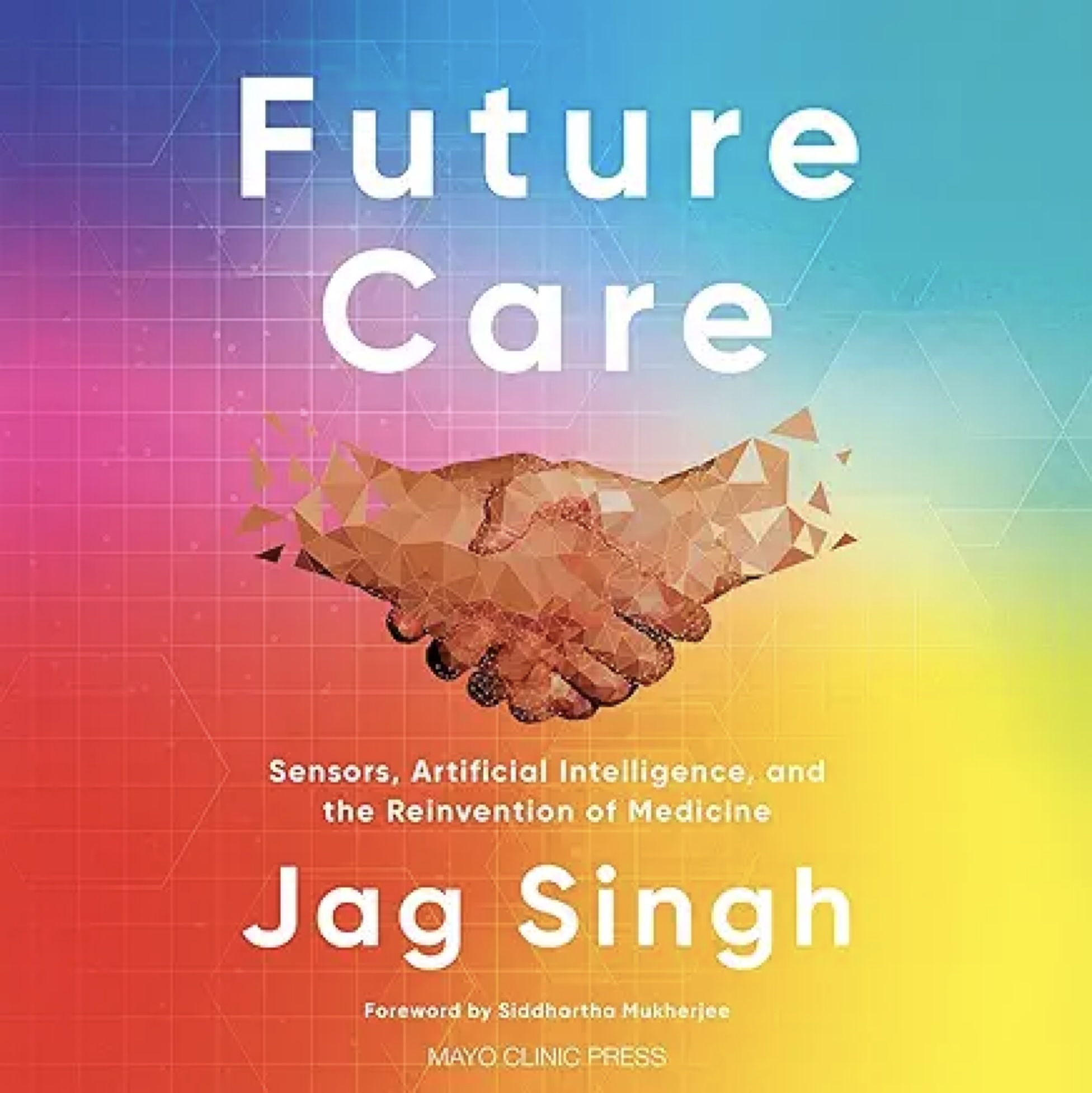
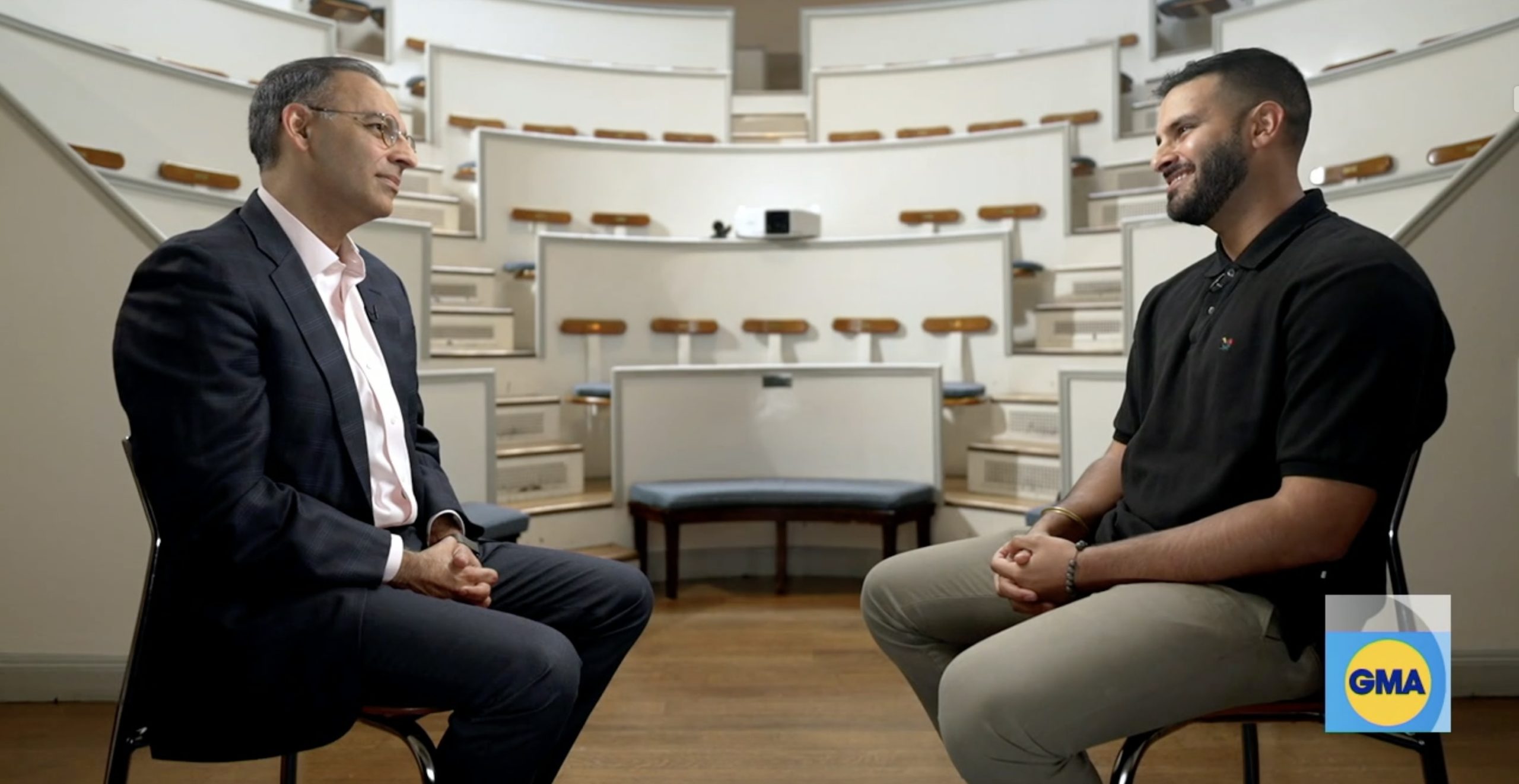
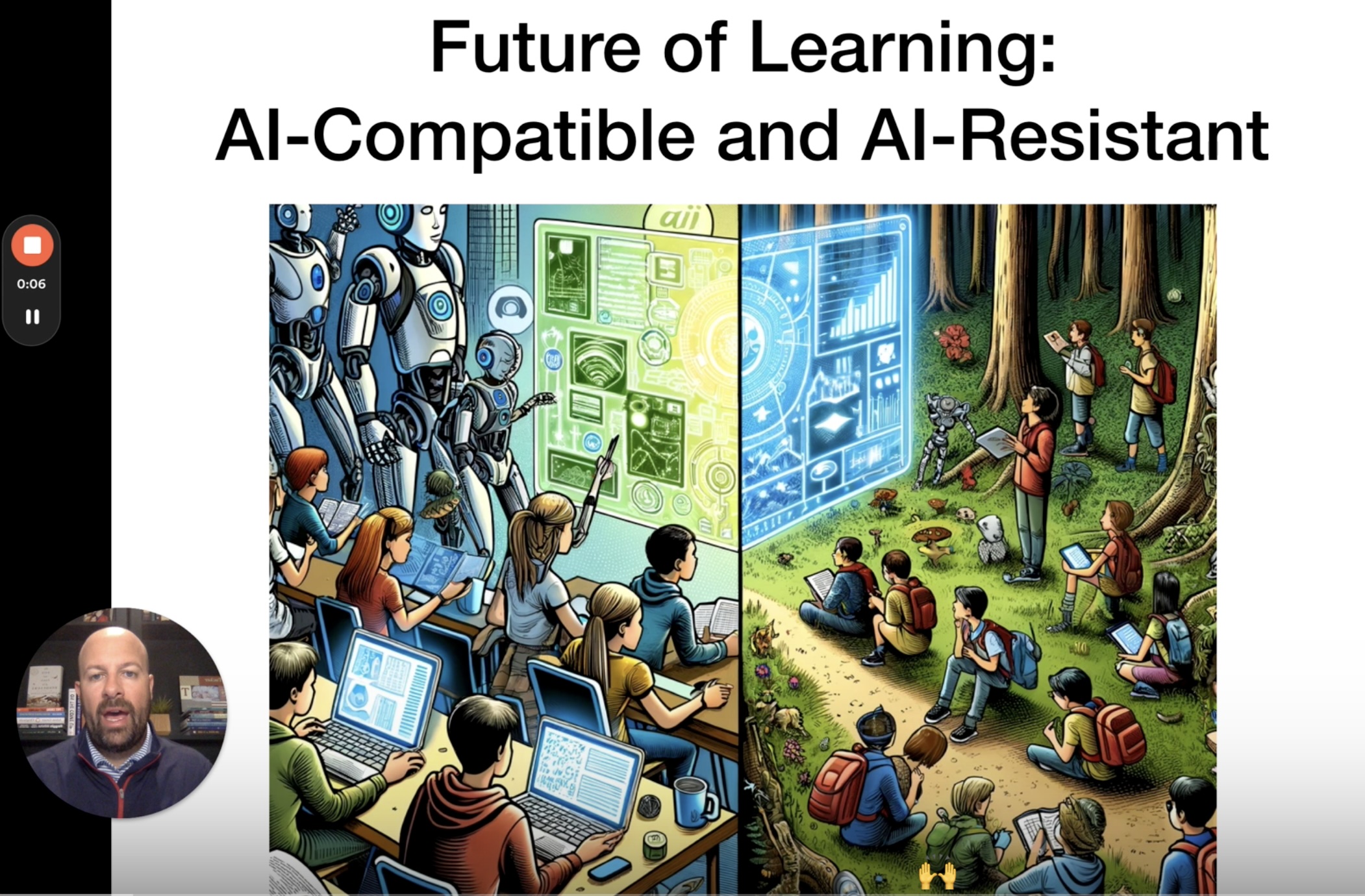





 @8Amber8
@8Amber8